The Intel® Ethernet Network Adapter XXV710 delivers excellent performance for 25GbE connectivity that is backwards compatible to 1/10GbE, making migration to higher speeds easier.
The XXV710 is part of the Intel® Ethernet 700 Series Network Adapters. These adapters are the foundation for server connectivity, providing broad interoperability, critical performance optimizations, and increased agility for Communications, Cloud, and Enterprise IT network solutions.critical performance optimizations, and increased agility for Communications, Cloud, and Enterprise IT network solutions.
- Interoperability – Multiple speeds and media types for broad compatibility backed by extensive testing and validation.
- Optimization – Intelligent offloads and accelerators to unlock network performance in servers with Intel® Xeon® processors.
- Agility – Both Kernel and Data Plane Development Kit (DPDK) drivers for scalable packet processing.
Intel® Ethernet 700 Series delivers networking performance across a wide range of network port speeds through intelligent offloads, sophisticated packet processing, and quality open source drivers.
All Intel® Ethernet 700 Series Network Adapters include these feature-rich technologies:
Flexible and Scalable I/O for Virtualized Infrastructures
Intel® Virtualization Technology (Intel® VT), delivers outstanding I/O performance in virtualized server environments.
I/O bottlenecks are reduced through intelligent offloads, enabling near-native performance and VM scalability. These offloads include Virtual Machine Device Queues (VMDq) and Flexible Port Partitioning using SR-IOV with a common Virtual Function driver for networking traffic per Virtual Machine (VM). Host-based features supported include:
VMDQ for Emulated Path: VMDQ, enables a hypervisor to represent a single network port as multiple network ports that can be assigned to the individual VMs. Traffic handling is offloaded to the network controller, delivering the benefits of port partitioning with little to no administrative overhead by the IT staff.
SR-IOV for Direct Assignment: Adapter-based isolation and switching for various virtual station instances enables optimal CPU usage in virtualized environments.
- Up to 128 virtual functions (VFs), each VF can support a unique and separate data path for I/O related functions within the PCI Express hierarchy.
- Use of SR-IOV with a networking device, for example, allows the bandwidth of a single port (function) to be partitioned into smaller slices that can be allocated to specific VMs or guests, via a standard interface.
Intel® Ethernet Adaptive Virtual Function (Intel® Ethernet AVF): Customers deploying mass-scale VMs or containers for their network infrastructure now have a common VF driver. This driver eases SR-IOV hardware upgrades or changes, preserves base-mode functionality in hardware and software, and supports an advanced set of features in the Intel® Ethernet 700 Series.
- Adaptive link establishment enables increased interoperability with other 25GbE capable switches and host controllers
- I/O virtualization innovations for maximum performance in a virtualized server
- Intelligent offloads to enable high performance on servers with Intel® Xeon® processors
- Excellent small packet performance for network appliances and Network Functions Virtualization (NFV)
- Data Plane Development Kit (DPDK) optimized for efficient packet processing
- Dynamic Device Personalization (DDP) enables increased packet processing efficiency for NFV and Cloud deployments
- Intel® Ethernet Flow Director for hardware-based application traffic steering
- Network Virtualization offloads including VXLAN, GENEVE, NVGRE, MPLS, and VXLAN-GPE with Network Service Headers (NSH)
- IEEE 802.3by and 25GEthernet.org specification compliance
- PCI Express (PCIe) 3.0, x8


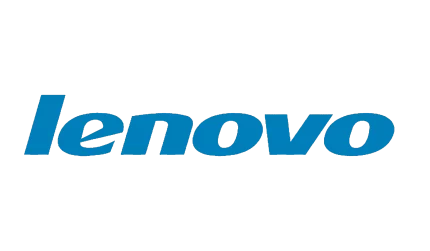


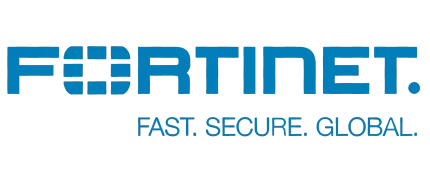
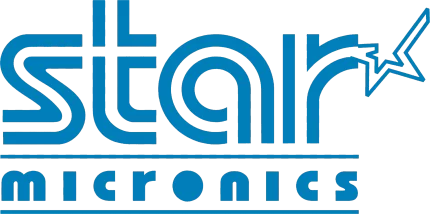







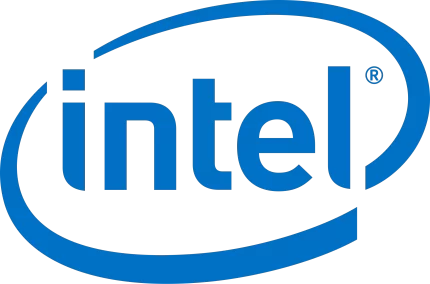
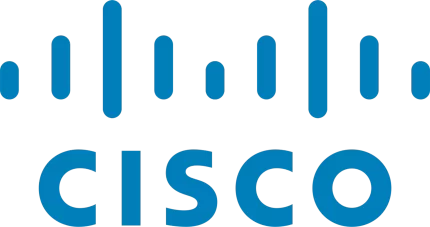
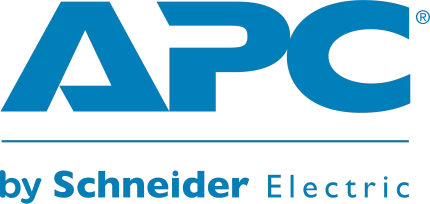
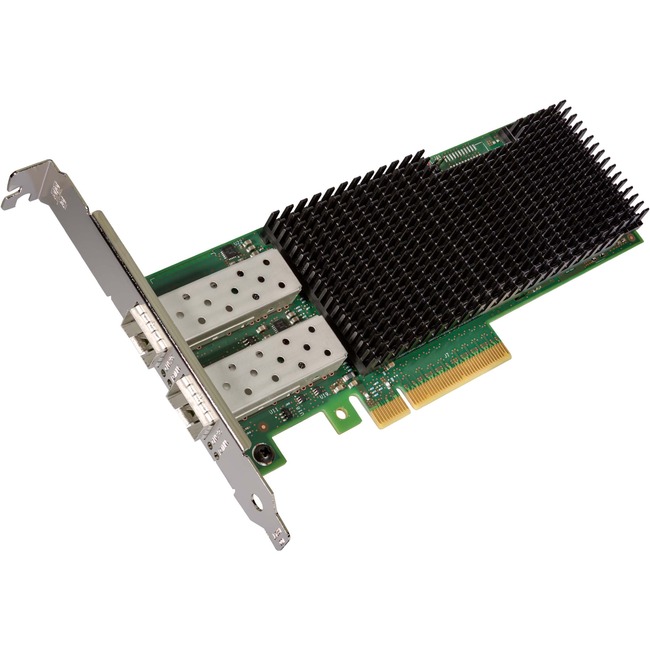
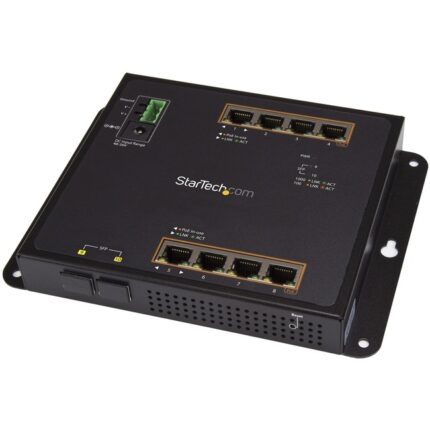
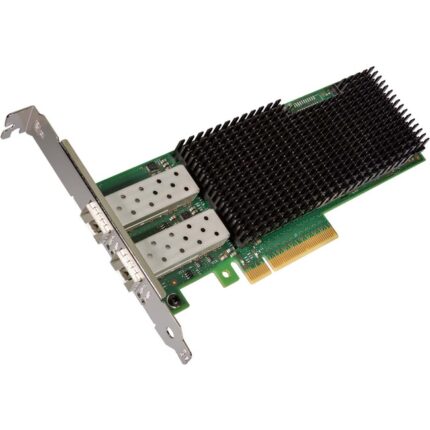


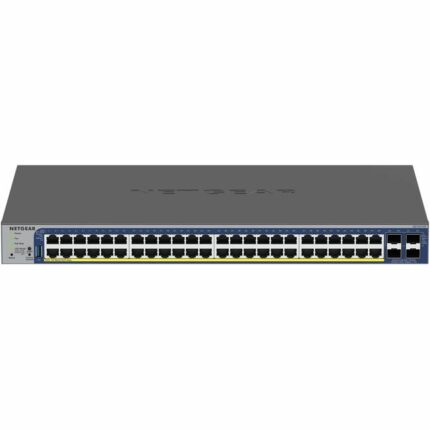
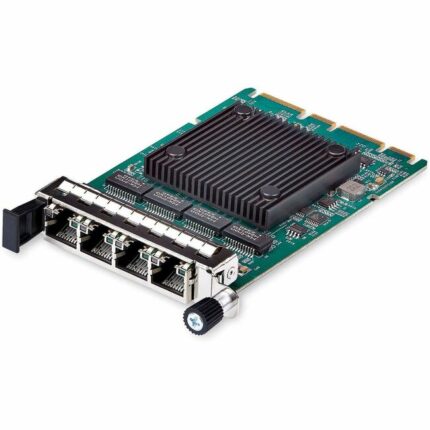
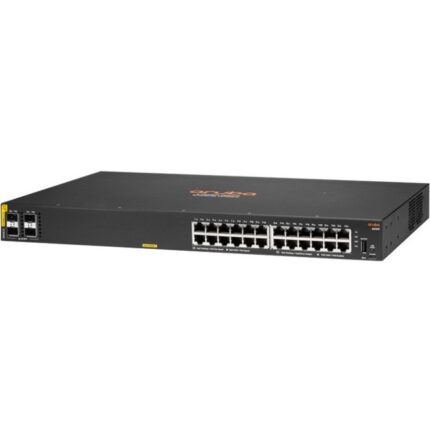
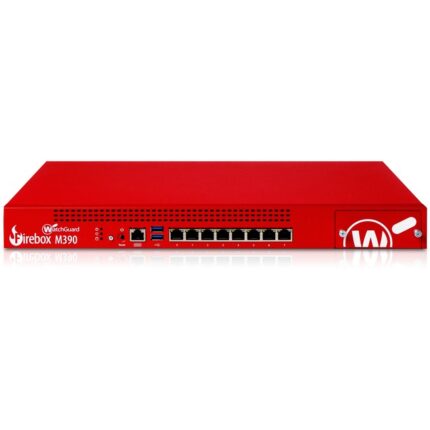
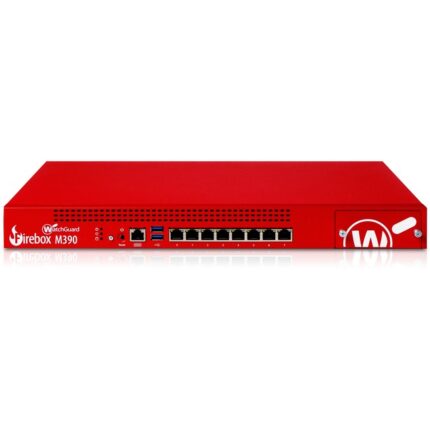
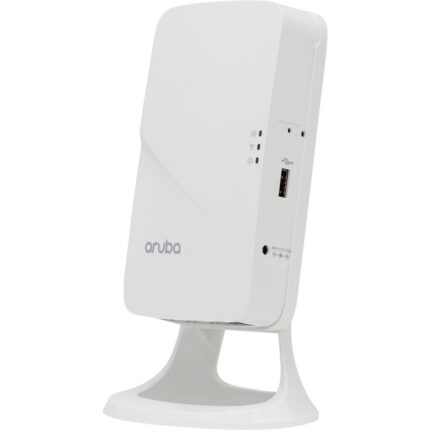
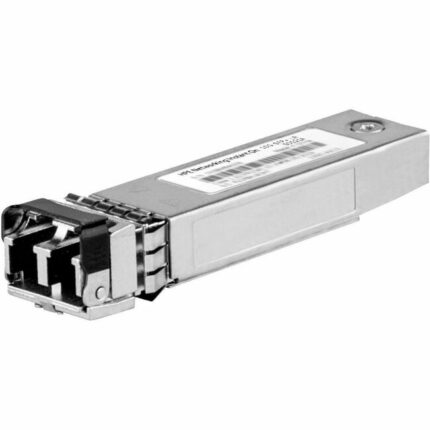
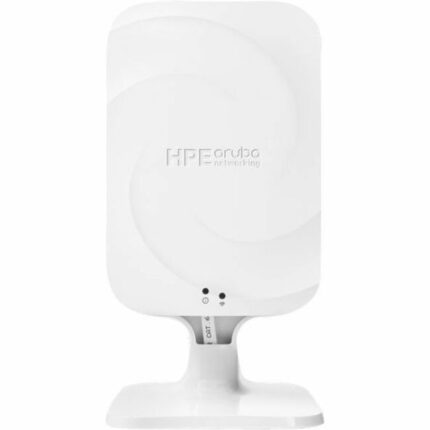
Reviews
There are no reviews yet.